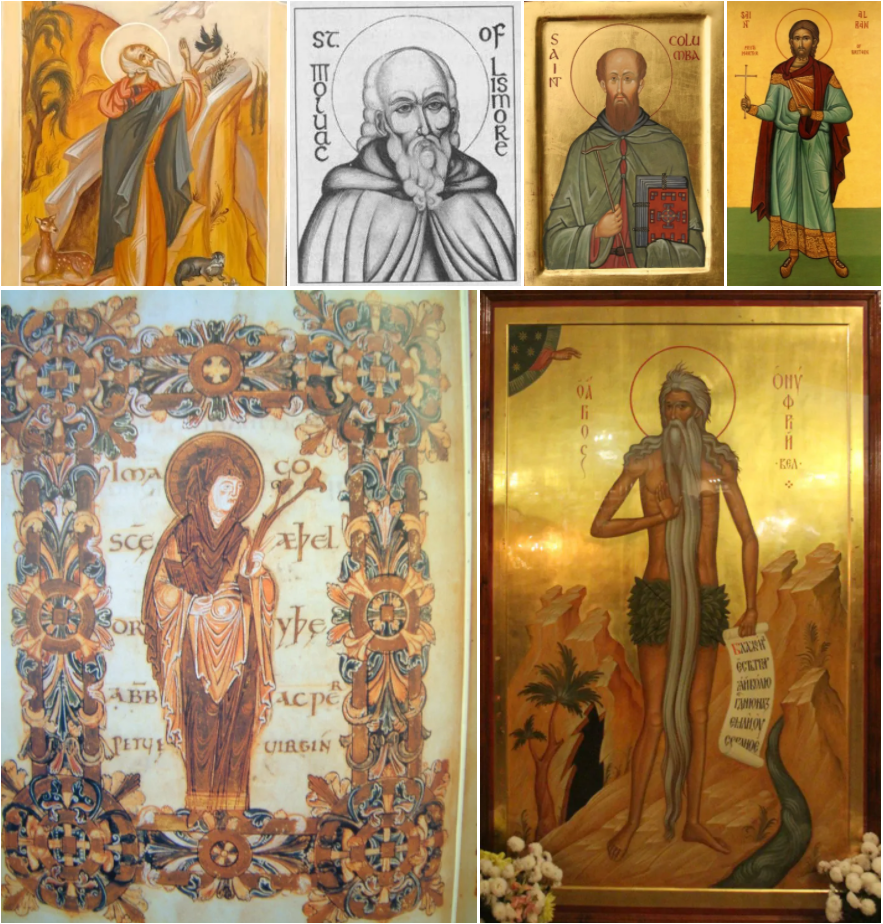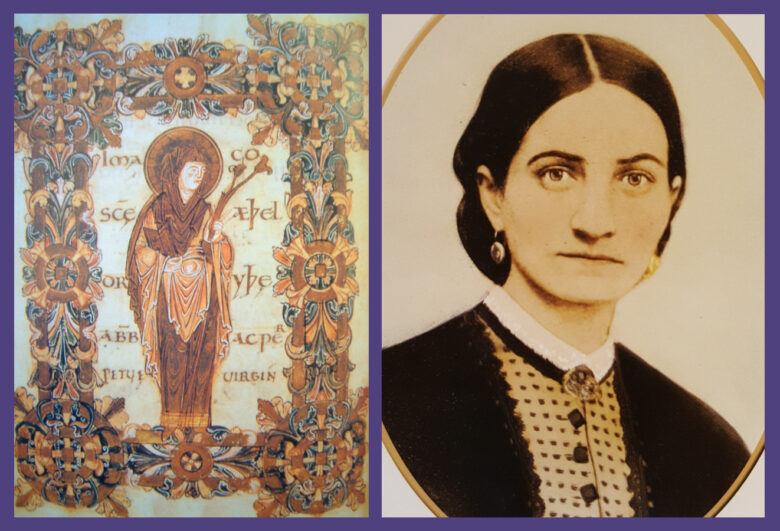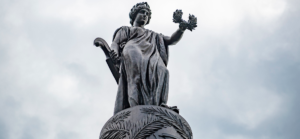For more information on the author, as well as resources on the Orthodox view of the departed, the meaning of a Saint and their veneration, explanation of old vs new calendar, and funeral hymns and prayers, click here.
By Walt Garlington
Dear friends, if you have time, please pray for these members of the Southern family on the day they reposed. Many thanks.
June 3rd
Louisiana Confederate Memorial Day
https://www.abbevilleinstitute.org/confederate-memorials-speaking-to-posterity/
https://www.abbevilleinstitute.org/leave-confederate-statues-alone/
June 4th
Governor Esteban Miro: Spanish Governor of Louisiana (1785-1791). He gave the colony good Christian laws and oversaw the rebuilding of New Orleans after the 1788 Good Friday fire. Miro left Louisiana to become a general in the Spanish Army “to the great regret of its whole community.”
https://64parishes.org/entry/esteban-rodrguez-mir-y-sabater
June 5th
Kate Cumming: “Best known for her dedicated service to sick and wounded Confederate soldiers. She spent much of the latter half of the Civil War as a nurse in hospitals throughout Georgia.” [Her photo is on the right of the feature image at top.]
https://www.georgiaencyclopedia.org/articles/history-archaeology/kate-cumming-ca-1830-1909/
https://library.uab.edu/locations/reynolds/collections/civil-war/medical-figures/kate-cumming
https://greatappalachianorthodox.wordpress.com/2021/06/10/the-bookshelf-part-1/
https://www.findagrave.com/memorial/10538942/kate-cumming/photo
June 6th
Patrick Henry: The famed Virginia orator (‘Give me liberty, or give me death!’), he served as Virginia’s first post-British governor, but later in life turned down many offers of powerful political office in favor of private life.
https://www.abbevilleinstitute.org/patrick-henry-the-real-indispensable-man/
https://www.findagrave.com/memorial/472/patrick-henry
June 6th
Gen. Turner Ashby: One of Dixie’s best cavalry leaders during the War, though not without his weaknesses (he was a bit undisciplined).
https://www.lva.virginia.gov/public/dvb/bio.php?b=Ashby_Turner
https://www.findagrave.com/memorial/8336/turner-ashby
June 8th
President Andrew Jackson: A bit of a mixed bag as President, although he did fight manfully against the national banking cartel.
https://thehermitage.com/andrew-jackson-and-the-bank-war/
https://theimaginativeconservative.org/2018/10/bradley-birzer-in-defense-of-andrew-jackson-dave-benner.html
Rev Frank Stringfellow: One of the most daring and successful spies for the Confederate States during the war; afterwards he married and became an Episcopal priest.
https://mymartinsville.com/frank-stringfellow.php
https://www.alexandriava.gov/historic-alexandria/basic-page/emma-green-and-frank-stringfellow-alexandrias-civil-war-sweethearts
June 9th
The Synaxis of Banned Confederates: A celebration of the 11 Confederates whose names were unceremoniously removed from bases, etc., of the US Armed Forces. The names of these 11 are given here.
In my essay “You don’t want us? We don’t want you!” I wrote about the ramifications of the National Defense Appropriations Act for 2021, which is what has enabled a provision to strip Confederate names from military bases. – DM
June 11th
Louis de St Denis: An early French explorer of Louisiana who helped found the city of Natchitoches, the oldest settlement in Louisiana. He also had some adventures and romance in the Spanish territories to the west and south, where he married Manuela, the granddaughter of the Spanish Commandant.
https://www.britannica.com/biography/Louis-Juchereau-de-Saint-Denis
William Gilmore Simms: A key figure in the development of a specifically Southern literary culture.
https://www.abbevilleinstitute.org/william-gilmore-simms/
https://www.abbevilleinstitute.org/william-gilmore-simmss-place-in-american-literature-by-sean-busick/
https://pennyspoetry.fandom.com/wiki/William_Gilmore_Simms#Publications
https://www.findagrave.com/memorial/5041827/william-gilmore-simms
June 13th
Douglas Southall Freeman: An excellent historian, journalist..
https://www.britannica.com/biography/Douglas-Southall-Freeman
https://www.abbevilleinstitute.org/douglas-southall-freeman/
As an alum of Douglas Southall Freeman High School in the now fully reconstructed city of Richmond, Virginia, I say, “Strip Freeman High School of a name it doesn’t deserve.” – DM
June 14th
Gen. Leonidas Polk: The “Fighting Bishop” of Louisiana in the War.
https://confiterijournal.blogspot.com/2012/04/general-leonidas-polk-fighting-bishop.html
June 16th
DuBose Heyward: A key part of the Southern Literary Renaissance in the early 20th century in Charleston, most remembered for “Porgy and Bess.”
https://www.scencyclopedia.org/sce/entries/heyward-dubose/
June 21st
Captain John Smith: A military adventurer early in life, he was also a key figure in the settlement of Virginia.
https://historicjamestowne.org/history/pocahontas/john-smith/
June 23rd
Reverend John Girardeau: A fine pastor who labored much in the vineyard of the South’s slave population.
http://www.pcahistory.org/HCLibrary/periodicals/spr/bios/girardeau.html
June 30th
James Oglethorpe: The founder of Georgia. His original altruistic vision for the colony didn’t quite work out, but he is nonetheless a man of talent, vision, and good character.
http://www.ourgeorgiahistory.com/people/oglethorpe.html
Holy Ælfred the Great, King of England, South Patron, pray for us sinners at the Souð, unworthy though we are! Anathema to the Union!

♱ St. Audrey (Etheldreda) of Ely, the most venerated English woman saint, 23 June/6 July
Circa 679, she was born in Suffolk in England and was a daughter of King Anna of East Anglia and a sister of Sts. Saxburgh, Ethelburgh and Withburgh. Twice married, she remained a virgin. She became a nun at Coldingham and then went to Ely where she became abbess. She lived a life of great holiness and simplicity. Her body remained incorrupt after death and her hand-relic survives in Ely to this day.
Source
Prayer, taking Communion, meekness and charity were the most essential elements of the Christian life for Etheldreda. Abbess Etheldreda gave up wearing garments of thin linen cloth and wore only those of woolen cloth. At that time in England it was the custom to take hot baths, but Etheldreda despite her royal origins preferred to bathe only in cold water, allowing herself hot water only on the feasts of Easter, Pentecost and the Baptism of the Lord. But even on these festivals she showed true humility and used the water left after other sisters. The holy woman ate only once a day and kept this rule throughout the year, breaking it only during illness or on great festivals. Very often she stayed up for the whole night, fervently praying in church on her knees right till the morning. She lived very modestly and in solitude. Many of her friends, relatives and former courtiers followed her example and chose the path of monasticism and service to God. Some of them remained at her monastery or entrusted their daughters to her loving care. Many of the faithful and even clergy flocked to her for advice and asked her to become their spiritual mother.
A much fuller account of her life and legacy
A service to St. Audrey






